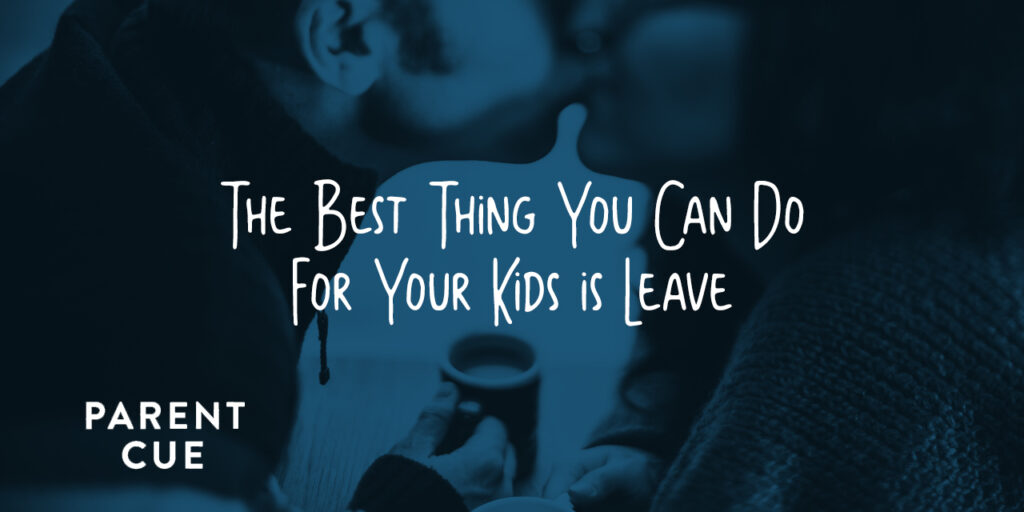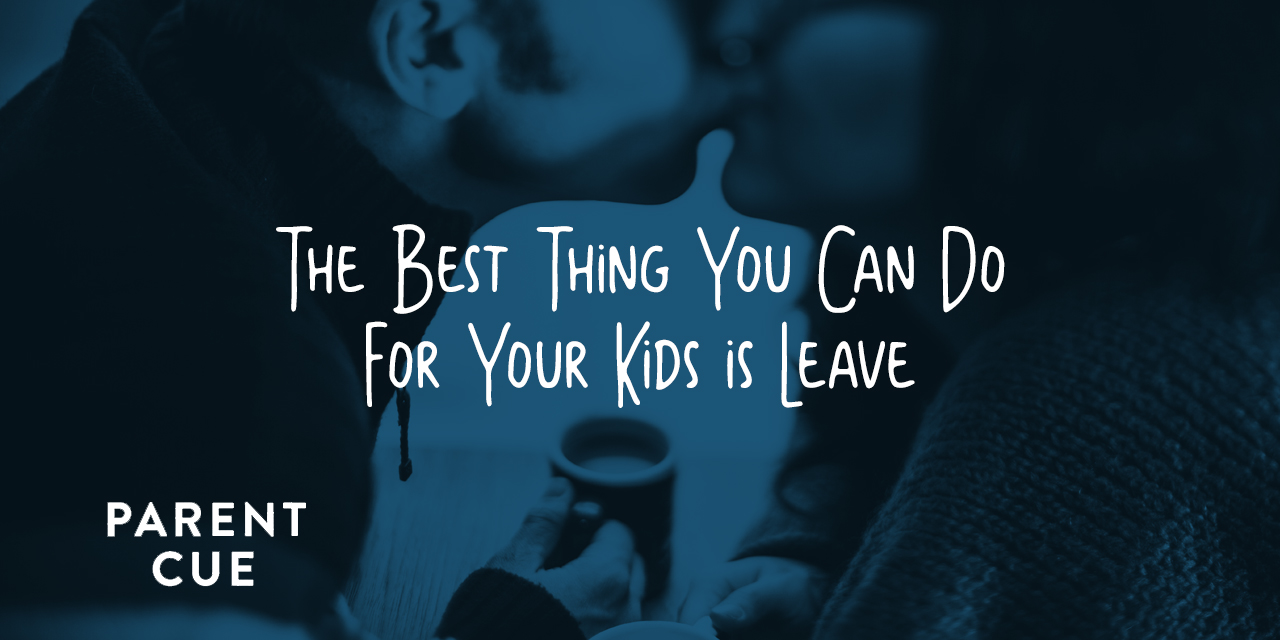
What’s the Best Thing You Can Do? A Guide to Maximizing Your Potential
We all grapple with the question: what’s the best thing you can do to improve your life, contribute to society, or simply find fulfillment? The answer, of course, isn’t a simple one. It’s a complex interplay of self-awareness, strategic action, and a commitment to continuous growth. This article explores various facets of this question, offering insights and actionable strategies to help you identify and pursue what truly matters. The journey to discovering what’s the best thing you can do is a personal one, but understanding key principles can provide invaluable guidance.
Understanding Your Values and Priorities
Before embarking on any significant endeavor, it’s crucial to understand your core values. What principles guide your decisions? What truly matters to you? Identifying these values provides a compass for navigating life’s choices and ensuring that your actions align with your beliefs. This self-reflection helps clarify what’s the best thing you can do based on your internal moral code.
Identifying Your Core Values
- Reflection: Take time for introspection. Journaling, meditation, or even a quiet walk in nature can help you connect with your inner self.
- List Key Experiences: Identify moments in your life where you felt most fulfilled or most conflicted. What values were being upheld or violated in those situations?
- Define Your Values: Once you have a list of potential values (e.g., integrity, compassion, creativity, security), define what each one means to you. This personal definition is crucial.
Prioritizing Your Values
Not all values are created equal. Some will be more central to your identity and decision-making process than others. Prioritizing your values allows you to focus your energy and resources on what truly matters. Knowing your priorities helps you discern what’s the best thing you can do in any given circumstance.
- Rank Your Values: Assign a numerical value to each of your identified values, ranking them from most to least important.
- Consider Trade-offs: Imagine situations where you have to choose between two values. Which one would you prioritize, and why?
- Regular Review: Values can evolve over time. Revisit your prioritized list periodically to ensure it still reflects your current beliefs.
Setting Meaningful Goals
Once you understand your values, the next step is to set meaningful goals that align with those values. Goals provide direction and motivation, helping you to channel your energy towards specific outcomes. When your goals reflect your values, you are more likely to find fulfillment in pursuing them. This alignment is critical in determining what’s the best thing you can do to achieve personal satisfaction.
SMART Goal Setting
Effective goals are SMART: Specific, Measurable, Achievable, Relevant, and Time-bound. This framework ensures that your goals are well-defined and attainable.
- Specific: Clearly define what you want to achieve. Avoid vague or ambiguous goals.
- Measurable: Establish criteria for measuring your progress. How will you know when you have achieved your goal?
- Achievable: Set goals that are challenging but realistic. Avoid setting yourself up for failure.
- Relevant: Ensure that your goals align with your values and overall life purpose. Is this goal truly important to you?
- Time-bound: Set a deadline for achieving your goal. This creates a sense of urgency and helps you stay on track.
Breaking Down Large Goals
Large, ambitious goals can feel overwhelming. Break them down into smaller, more manageable steps. This makes the overall goal seem less daunting and provides a sense of accomplishment as you complete each step. By taking things one step at a time, you are able to determine what’s the best thing you can do to accomplish a larger goal.
Cultivating Positive Habits
Habits are the building blocks of our daily lives. Cultivating positive habits can significantly impact our well-being and productivity. These habits contribute to a sense of purpose and accomplishment, aligning with the pursuit of what’s the best thing you can do for yourself.
Identifying Key Habits
Focus on habits that support your goals and values. What daily or weekly routines would help you move closer to your desired outcomes?
- Health and Wellness: Regular exercise, healthy eating, sufficient sleep.
- Personal Development: Reading, learning new skills, practicing mindfulness.
- Relationships: Spending quality time with loved ones, expressing gratitude, practicing active listening.
Implementing New Habits
Changing habits can be challenging. Start small and focus on consistency. Use cues and rewards to reinforce positive behaviors. It’s crucial to understand what’s the best thing you can do to support your new habits, so that you are more likely to stick with them.
- Start Small: Begin with a small, manageable change. Don’t try to overhaul your entire routine at once.
- Use Cues: Link your new habit to an existing routine. For example, meditate for five minutes after brushing your teeth.
- Reward Yourself: Celebrate your progress and reward yourself for sticking to your new habit.
Embracing Continuous Learning
The world is constantly evolving, and so should we. Embracing continuous learning is essential for staying relevant, adaptable, and engaged. The knowledge you gain can open doors to new opportunities and help you make a greater impact. Investing in yourself is often the best thing you can do for your future.
Seeking Knowledge and Skills
Identify areas where you want to grow and seek out opportunities to learn. This could involve formal education, online courses, workshops, or simply reading books and articles.
- Formal Education: Consider pursuing a degree or certification in a field that interests you.
- Online Courses: Platforms like Coursera, Udemy, and edX offer a wide range of courses on various topics.
- Books and Articles: Read widely and stay informed about current trends and developments in your field.
Applying What You Learn
Learning is most effective when you apply what you learn. Look for opportunities to put your new knowledge and skills into practice. This reinforces your understanding and helps you develop expertise. Applying new knowledge is one of the best things you can do to enhance your skills and contribute to your field.
Contributing to Something Larger Than Yourself
Ultimately, finding fulfillment often involves contributing to something larger than yourself. This could involve volunteering, mentoring, or simply making a positive impact on the lives of others. Contributing to something meaningful is often the best thing you can do for your overall well-being and sense of purpose.
Identifying Opportunities for Contribution
Consider your skills, interests, and values when identifying opportunities for contribution. What causes are you passionate about? What skills can you offer to help others?
- Volunteering: Offer your time and skills to a non-profit organization.
- Mentoring: Guide and support someone who is less experienced.
- Community Involvement: Participate in local initiatives and projects.
Making a Difference
Even small acts of kindness can have a significant impact. Look for opportunities to make a positive difference in the lives of others. Making a difference is perhaps the best thing you can do to create a more compassionate and just world. [See also: How to Find Your Passion] [See also: The Importance of Setting Goals]
Conclusion
Determining what’s the best thing you can do is a lifelong journey of self-discovery, strategic action, and continuous growth. By understanding your values, setting meaningful goals, cultivating positive habits, embracing continuous learning, and contributing to something larger than yourself, you can maximize your potential and find true fulfillment. Remember that the answer is unique to you, and the path to discovering it is a rewarding experience in itself. So, take the time to reflect, explore, and act – and you’ll be well on your way to living a life that is both meaningful and impactful. Ultimately, figuring out what’s the best thing you can do is about living a life that aligns with your values and brings you joy and purpose.

